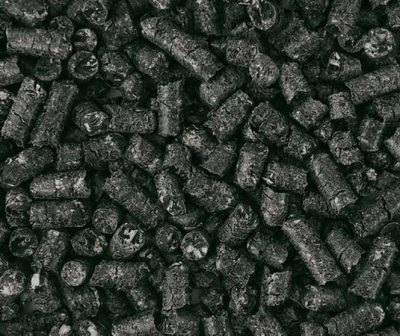Activated Carbon filters for VOCS, solvents and thinners
The term activated carbon refers to carbon that has been subjected to an activation treatment, giving it exceptional porosity and consequently making it adsorbent.

The nature of the pollutant is the characteristic that most influences the adsorption efficiency of the activated carbon.
Activated carbon
In fact, depending on their nature and their chemical characteristics, pollutants can be highly adsorbable (benzene, kerosene, fumes …), medium adsorbable (chlorine, acetone, ethylene …) or little adsorbable (propane, ammonia …). All ketones cause self-combustion problems so the carbons are not renewable.
The quantity and quality of adsorbent material effectively used depends on the concentration and type of the solvents (VOCs) to be treated.
The use of common activated carbon is recommended for temperatures up to a maximum of 50-60 C. To prevent a rapid saturation of the activated carbon, it is necessary to work with a relative humidity lower than 60%.